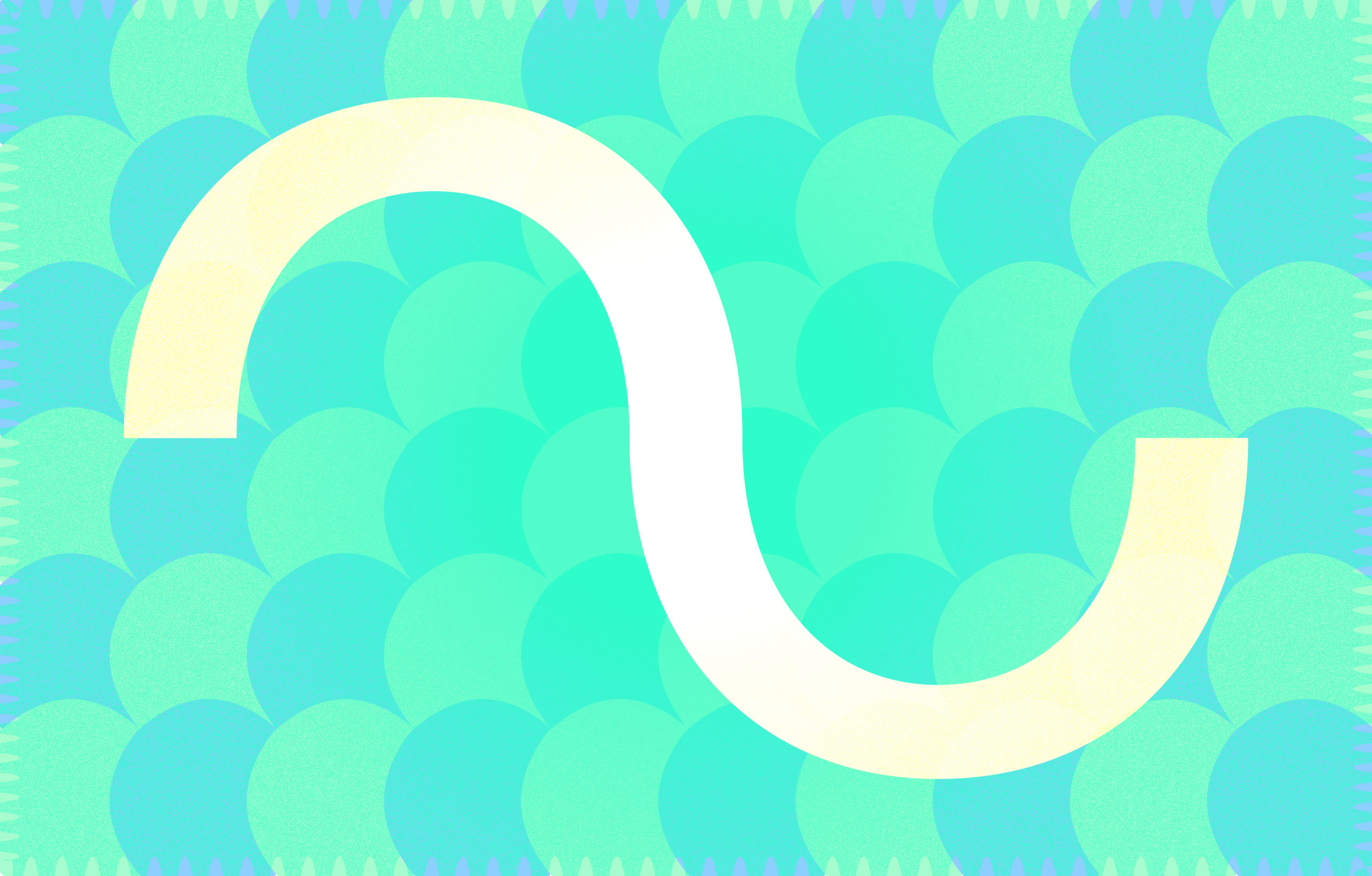(25-30 June – Athens and online option)
Taking place in one of the most dynamic centers of our rapidly changing world, the ecofeminism workshop taking place online and in Athens invites participants to collaborate in defining and enacting a new role of art. The participants will have a chance to learn from and create together with experts on activist, transindigenous, ecofeminist, revolutionary, and therapeutic practices.
Together, we will work on a sustainable communal art world based on an experience of harmonious coexistence with the environment and the role of the feminine in the cycle of life. What can we learn about our future from communities which still, or again, live in an unmediated relation to their, now drastically changing, living conditions? Our trainers are constitutive participants of the planetary transitioning from the patriarchal perception of nature from ‘resource extraction for human society’ to ecofeminist ‘nature as sacred living organism, of which humans are only one part’. We strive to overcome the loss of equilibrium caused by the onesidedness of Western epistemologies rooted in the discrimination of women and others on the receiving end of the extractivist aggression from the socio-political domain by reconnecting art, feminism, witch knowledge and ecological practices.
On the European continent, the transindigenous concept of “good life” is enacted by the diverse movements in Southern Europe, where, due to austerity, many actors of social change have taken the responsibility for creating sustainable worlds with their own hands. So did the diverse inspiring movements in Athens: an ideal climate for our ecofeminist Room to Bloom Athens.
Education is a form of art. Art is a pioneering force to interdisciplinary education. Our series of ecofeminist workshops was developed as an educational experiment and will take place in an artistic environment „Transindigenous Assembly“ by Joulia Strauss, initiator and organiser of Avtonomi Akadimia in the Akadimia Platonos “Jungle”.

